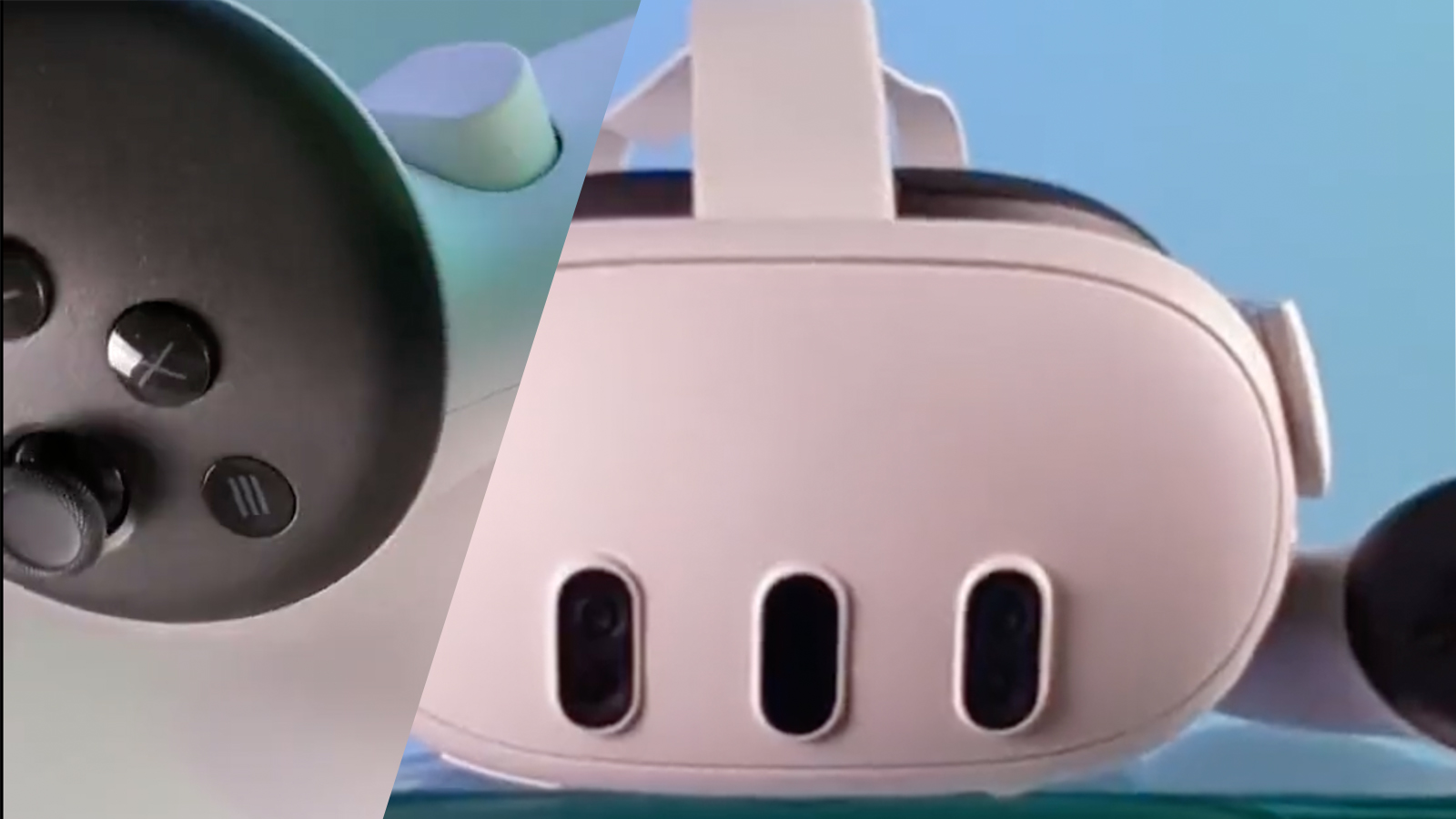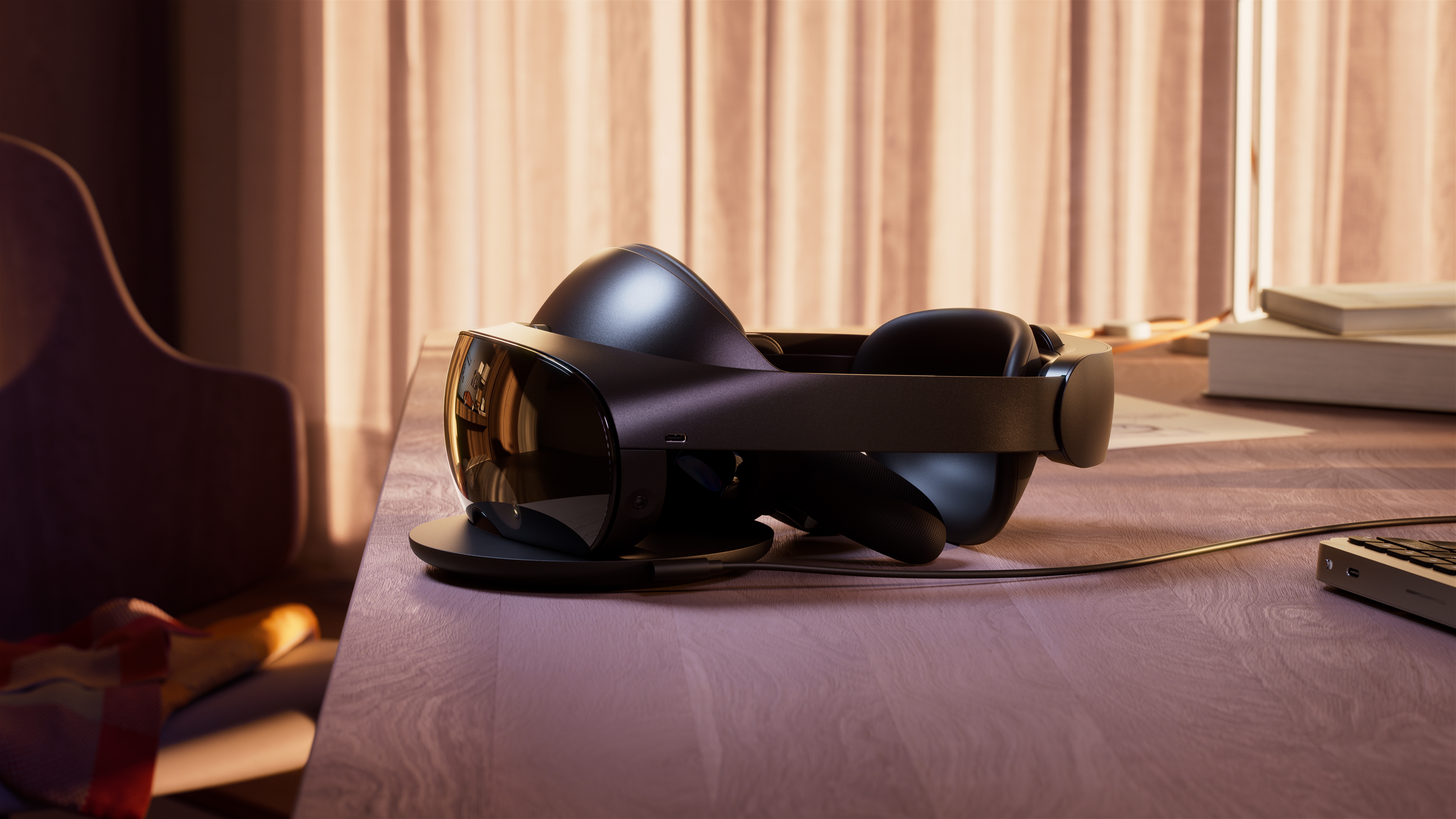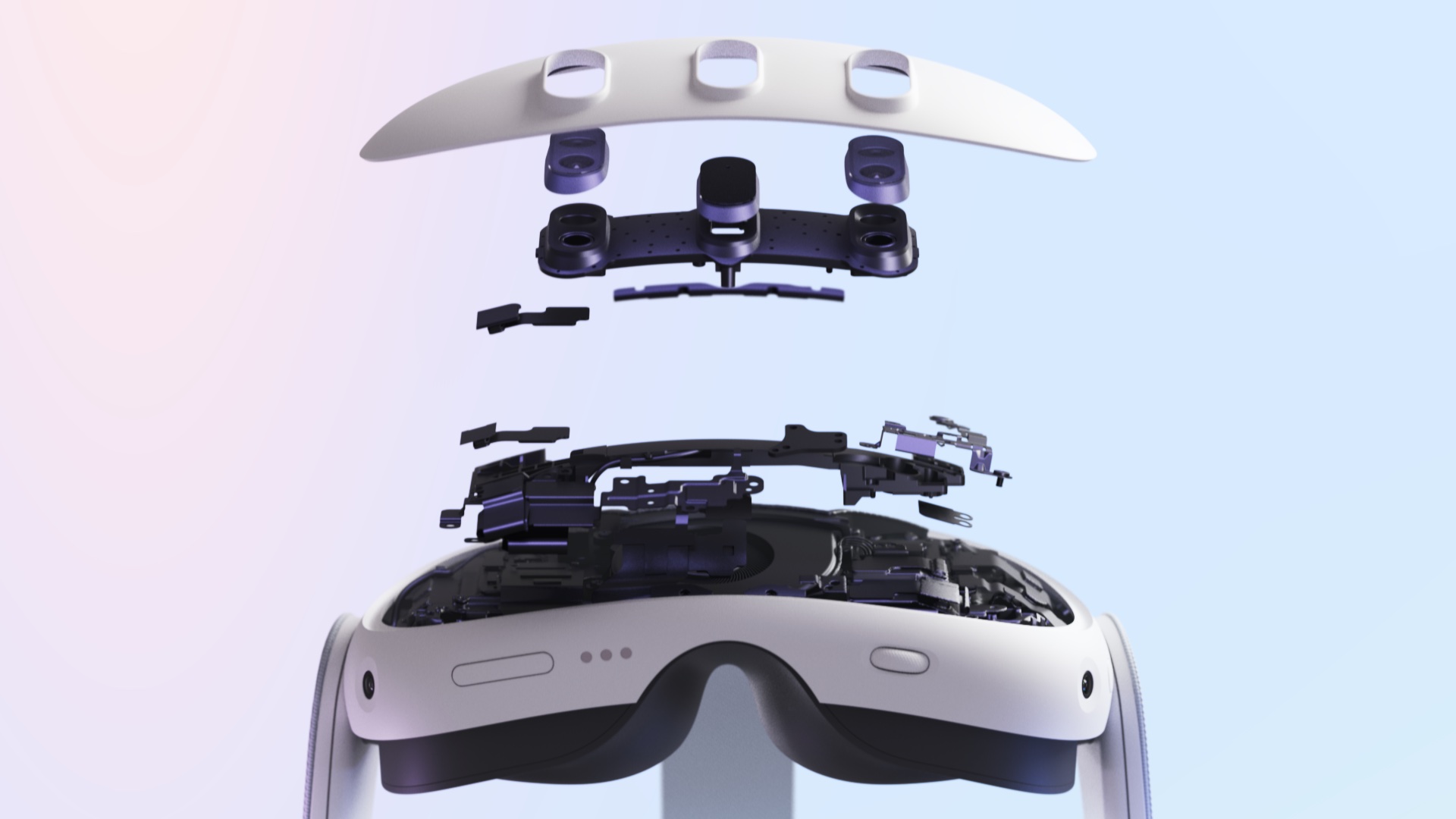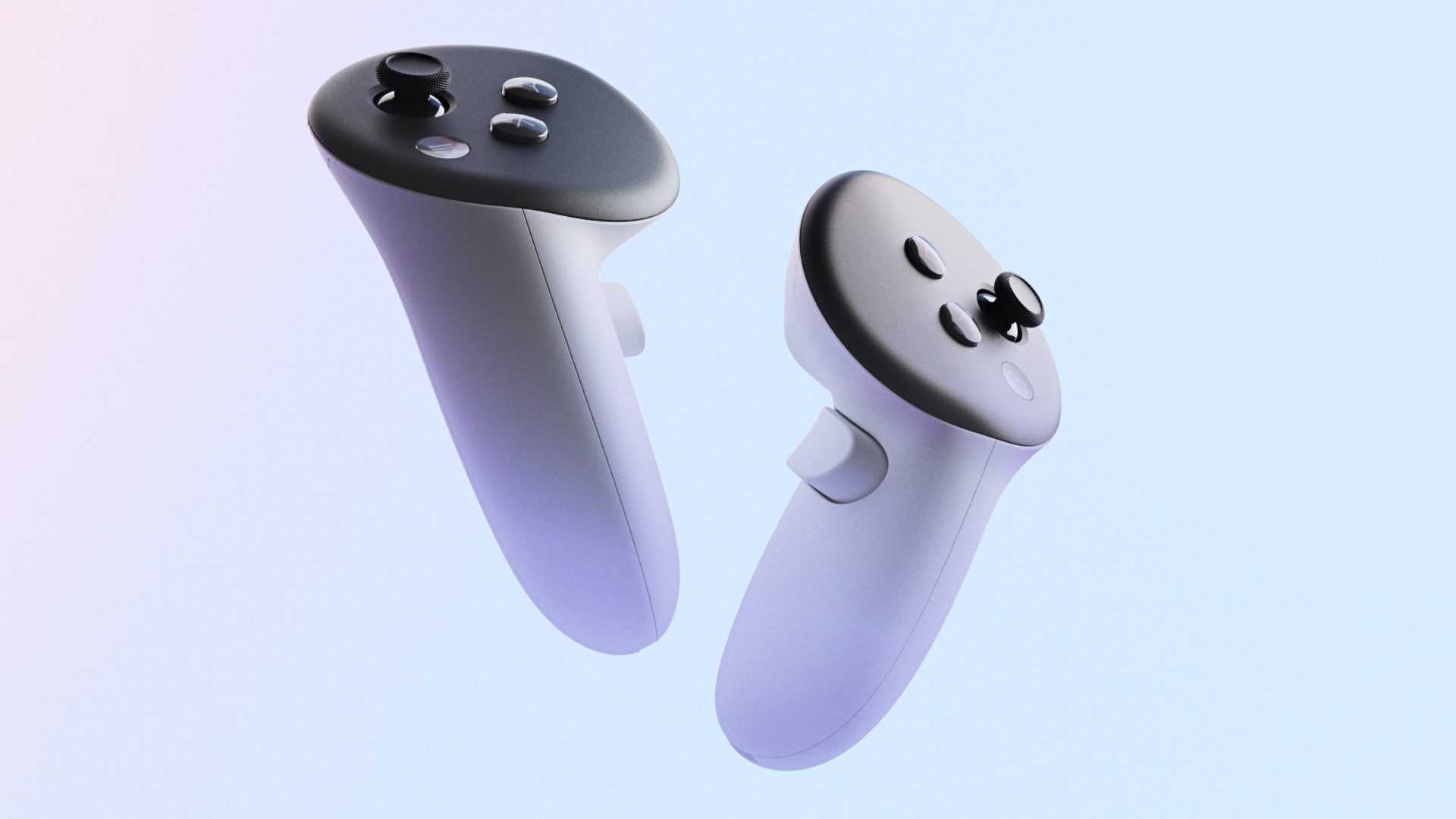3 Meta Quest 3 announcements I need to see at Meta Connect 2023
I really hope Meta makes these Quest 3 announcements.

Sign up for breaking news, reviews, opinion, top tech deals, and more.
You are now subscribed
Your newsletter sign-up was successful
Editor's note: The Meta Connect 2023 opening keynote is over. You can read our Meta Connect event recap for a full run down as well as our full five-star Meta Quest 3 review and our hands on RayBan Meta smart glasses review.
The Meta Quest 3 launch event – taking place at Meta Connect 2023 – is happening tomorrow on September 27. During the presentation, we’ll find out everything Meta has up its sleeve for the new VR headset.
We already know a fair amount about it. It’ll be Meta’s “most powerful headset yet” costing $499 / £499 / AU$ for a model with 128GB of storage. The new headset will also boast a 40% slimmer optic profile compared to its predecessor, the Oculus Quest 2, which should help it feel more comfortable.
At Meta Connect, we’ll get more details about the upcoming VR device. Here are three things I hope we’ll see in the Meta Quest 3.
1. Worthwhile AR software
The most important announcement Meta needs to make at Meta Connect 2023 has nothing to do with hardware but what software its new headset will run. Specifically, it needs to show off some incredible AR and MR (mixed reality) apps.

For me, one of the biggest disappointments of the Meta Quest Pro was its mixed reality abilities. Not only was its passthrough low quality – the video feed of the real world was grainy – but there was very little in the way of dedicated mixed reality software. The majority of it was VR apps with gimmicky MR and AR options, and nothing stood out to me as a must-have app.
If Meta and the developers it partners with don’t give the Quest 3 solid software support, its AR and MR capabilities are at risk of feeling lackluster, just like the Quest Pro’s mixed reality. Hopefully, Meta has learned from its mistakes, and more mixed reality apps are on the way at Meta Connect.
Sign up for breaking news, reviews, opinion, top tech deals, and more.
And speaking of AR and MR experiences...
2. Wired screen mirroring
The best thing about the Quest line of VR headsets is that they’re standalone – you don’t need to plug them into a PC, console, or other external device to use them. But I hope the Quest 3 takes on an AR smart glasses (like the Xreal Air glasses) feature to double as a wired display for a host of USB-C devices.
I’ve tested out a fair few AR smart glasses that virtually project the screen of the device they’re plugged into in front of you. With a smartphone and Netflix (or other best streaming service), you have a home theater wherever you go. And with a Steam Deck, Nintendo Switch, or other gaming device, you can enjoy your favorite titles on a massive AR screen. Unfortunately, AR specs are pretty pricey for what you get – with devices in the $300 to $400 range only netting you a super portable monitor.
The Quest 3 likely wouldn’t suffer from this issue of feeling overpriced as not only will it be a portable, wearable monitor, but also a fully-fledged VR headset.

Yes, the Quest 3 would have some disadvantages compared to smart glasses – chiefly being less portable and discreet – but it will have some advantages. For one, it could run off its internal battery, sparing your connected device from the incredible battery drain smart glasses can impose. For another, your VR home cinema would likely feel a lot more immersive and private. Plus, if you want to use it while out and about, you could just turn on an AR mode and be more aware of your surroundings.
I really hope Meta has something like this up its sleeve for the Quest 3 at Meta Connect 2023, but I’ll be the first to admit it’s something of a pipe dream.
3. Accurate controller tracking
The Quest 2 and Quest Pro offered great controller tracking, so why am I worried about tracking on the Quest 3?
Well, the Quest 3 has a new controller design. The button layout matches up with Meta’s tried and true Quest handset formula, but it lacks tracking rings found on the Quest 2 controllers – rings that allow the headset to track the controllers as you wave them around. Meta’s Quest Pro also lacked rings but had internal cameras that handled tracking; the Quest 3’s controllers don’t. As a result, I’m concerned the Quest 3 handsets might not be as accurate as what’s come before.

Should I be worried? Probably not. Meta has been in the VR game for a while, so it should know what it’s doing; it won’t intentionally want to make its controllers worse. That said, until I see the Quest 3 in action and have a chance to try it for myself, I’ll keep fretting that this controller change might be an unintentional downgrade.
You might also like

Hamish is a Senior Staff Writer for TechRadar and you’ll see his name appearing on articles across nearly every topic on the site from smart home deals to speaker reviews to graphics card news and everything in between. He uses his broad range of knowledge to help explain the latest gadgets and if they’re a must-buy or a fad fueled by hype. Though his specialty is writing about everything going on in the world of virtual reality and augmented reality.